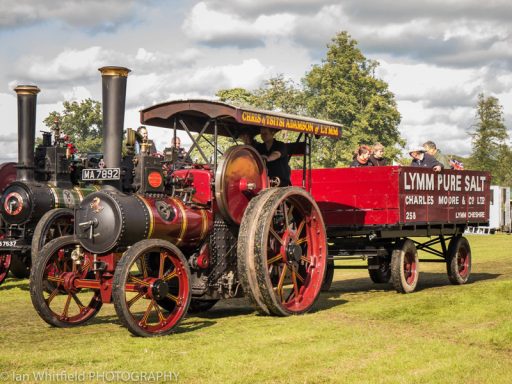
What is it about steam traction engines that persuades so many to put so much time, effort and money into keeping them alive?
To find out more about our guest authors, you can find their biographies at the end of each post.

What is it about steam traction engines that persuades so many to put so much time, effort and money into keeping them alive?
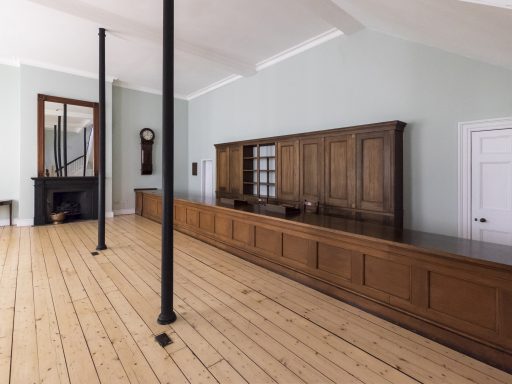
Long before this museum stood on the site of Liverpool Road Station there was an “unofficial” museum here displaying some railway treasures.
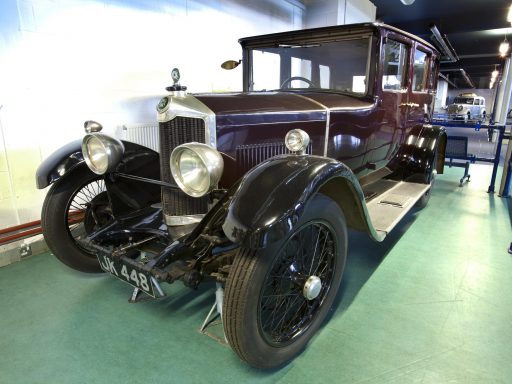
In 1914, Manchester was one of the biggest motor manufacturing cities in the world. Two decades later cars had become part of our everyday lives—but Manchester’s dominance had faded.
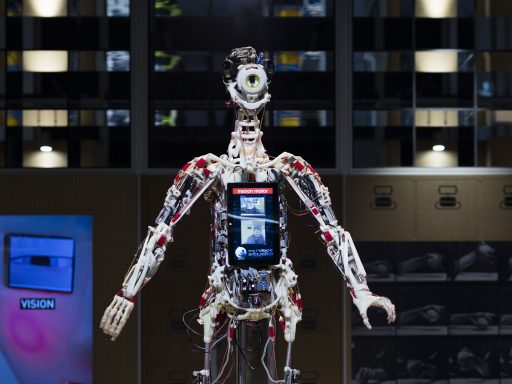
When it comes to robotics, the future is not two-legged.
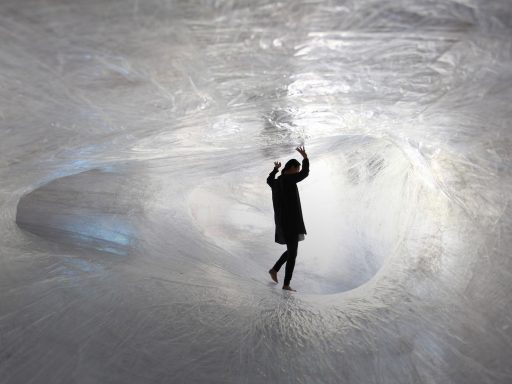
In this guest post, volunteer Joe Roberts takes us through the production process of one of the headline activities at Manchester Science Festival, Tape.

Textile production and computing—two of Manchester’s most important historic industries—are brought together in the Jacquard loom, on display in our Textiles Gallery.

Robots and artificially intelligent beings in films are often used as a way to explore what makes us uniquely human.

Did you know there’s a Hollywood star who also has a secret life as a scientist?
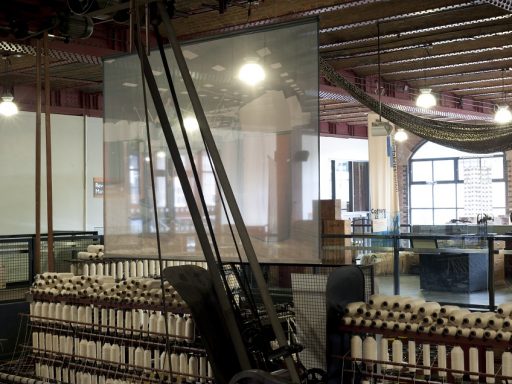
On Wednesday 13 September 2017, we joined in the conversation with museums and museum-lovers all over the world for Ask A Curator day on Twitter.

Space journalist Sarah Cruddas explores the past and future of our journeys to the stars.
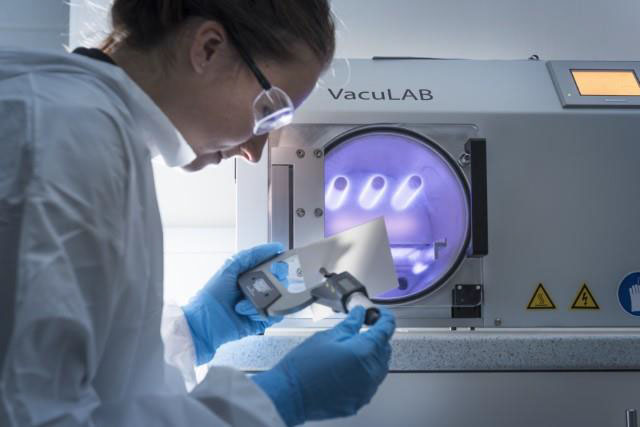
To celebrate International Women’s Day, we invited space journalist Sarah Cruddas to interview Patiya Pasakon, a researcher with our Wonder Materials sponsors Haydale, about her life as a woman working in science, technology, engineering and mathematics (STEM).
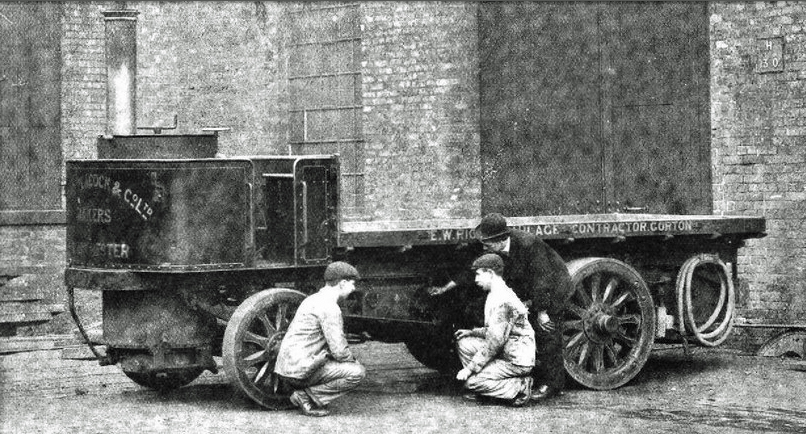
Beyer, Peacock and Co. was well-known for manufacturing steam locomotives, but also considered making motor cars, as our archives reveal.